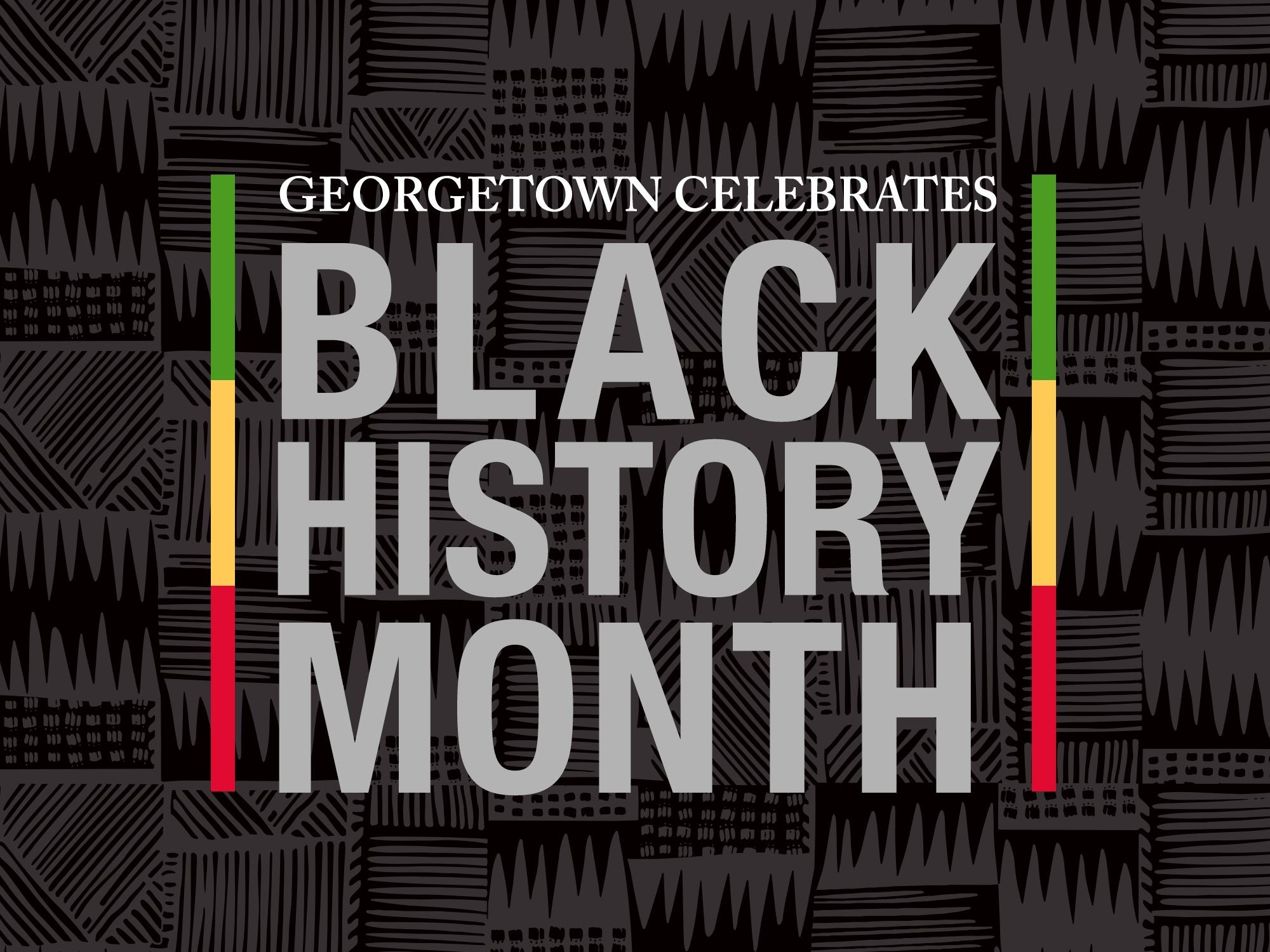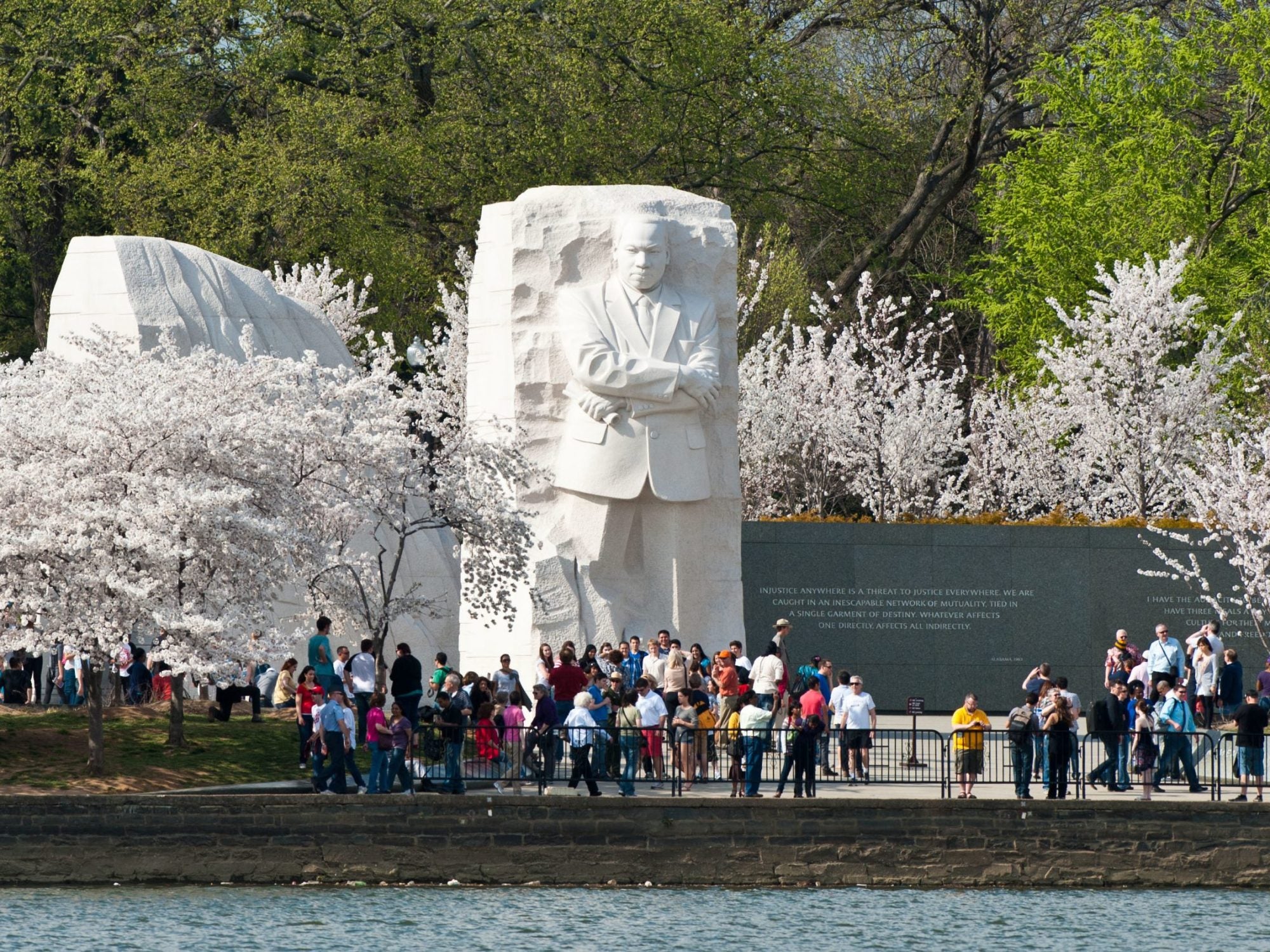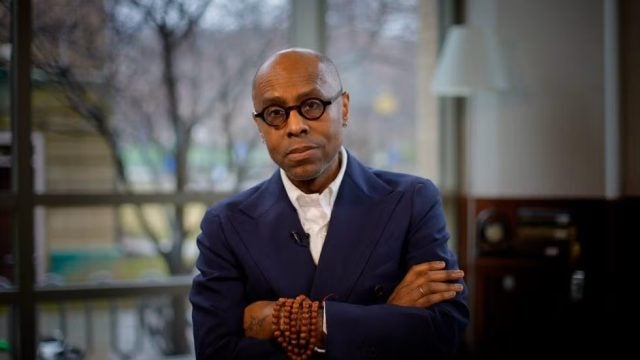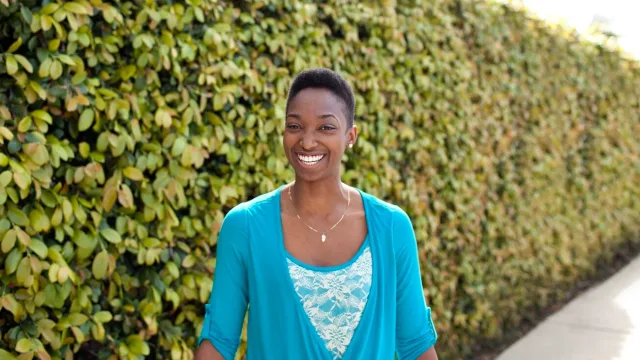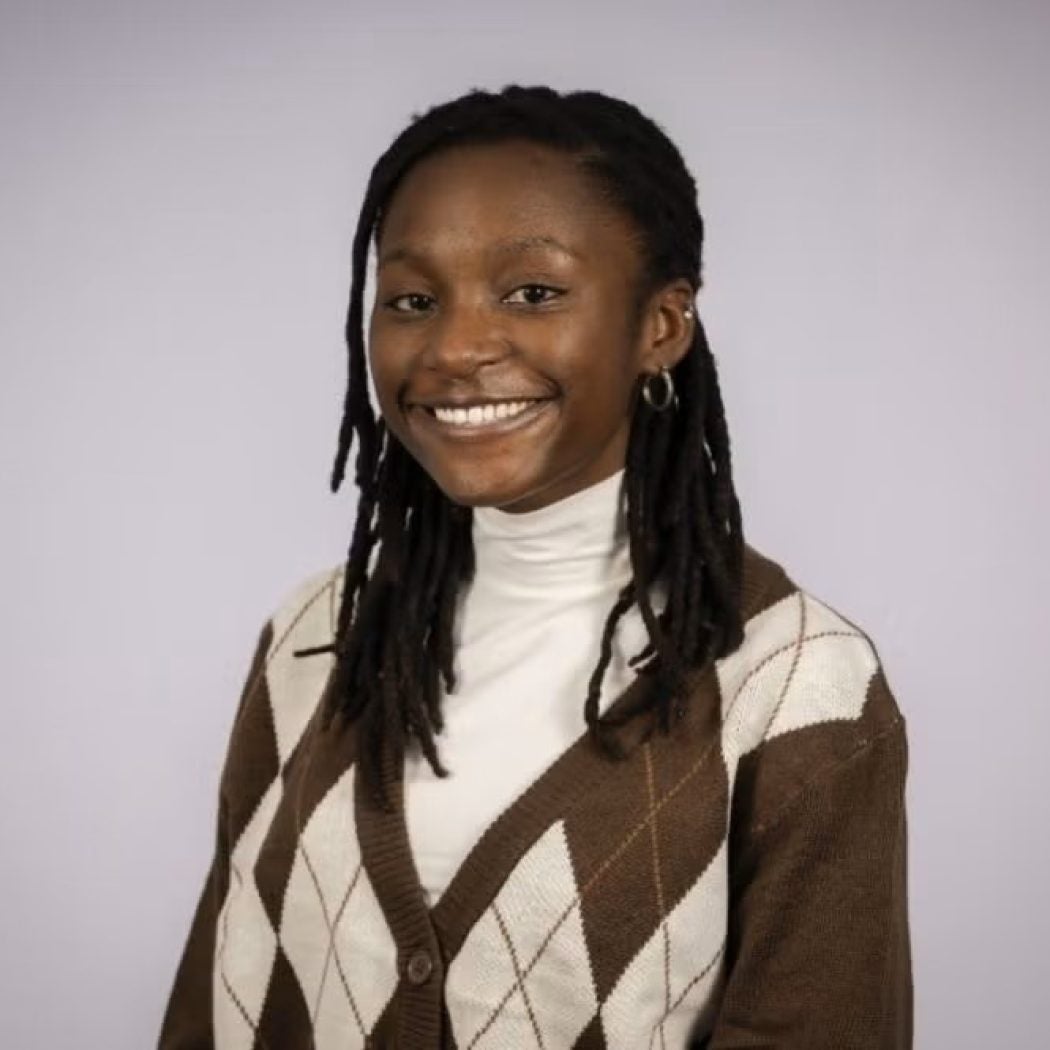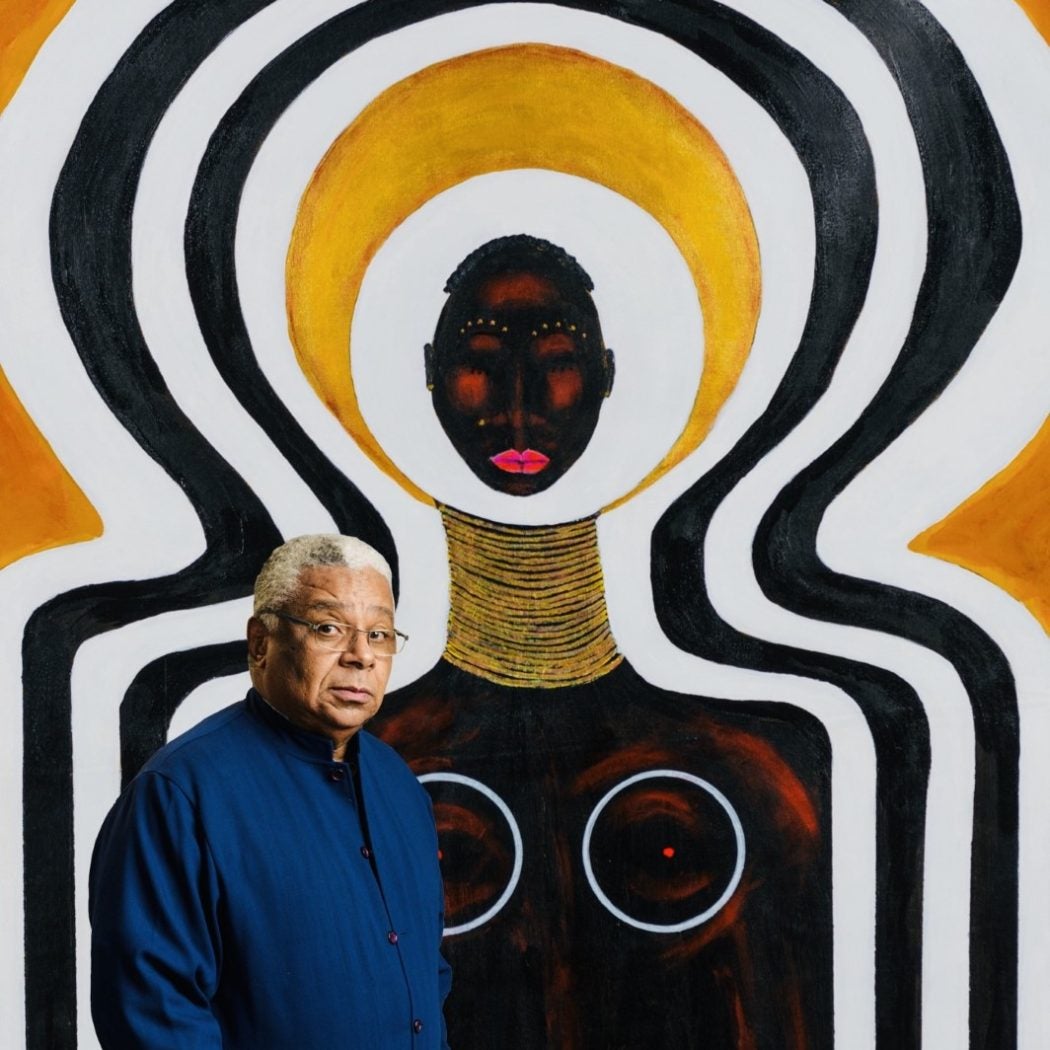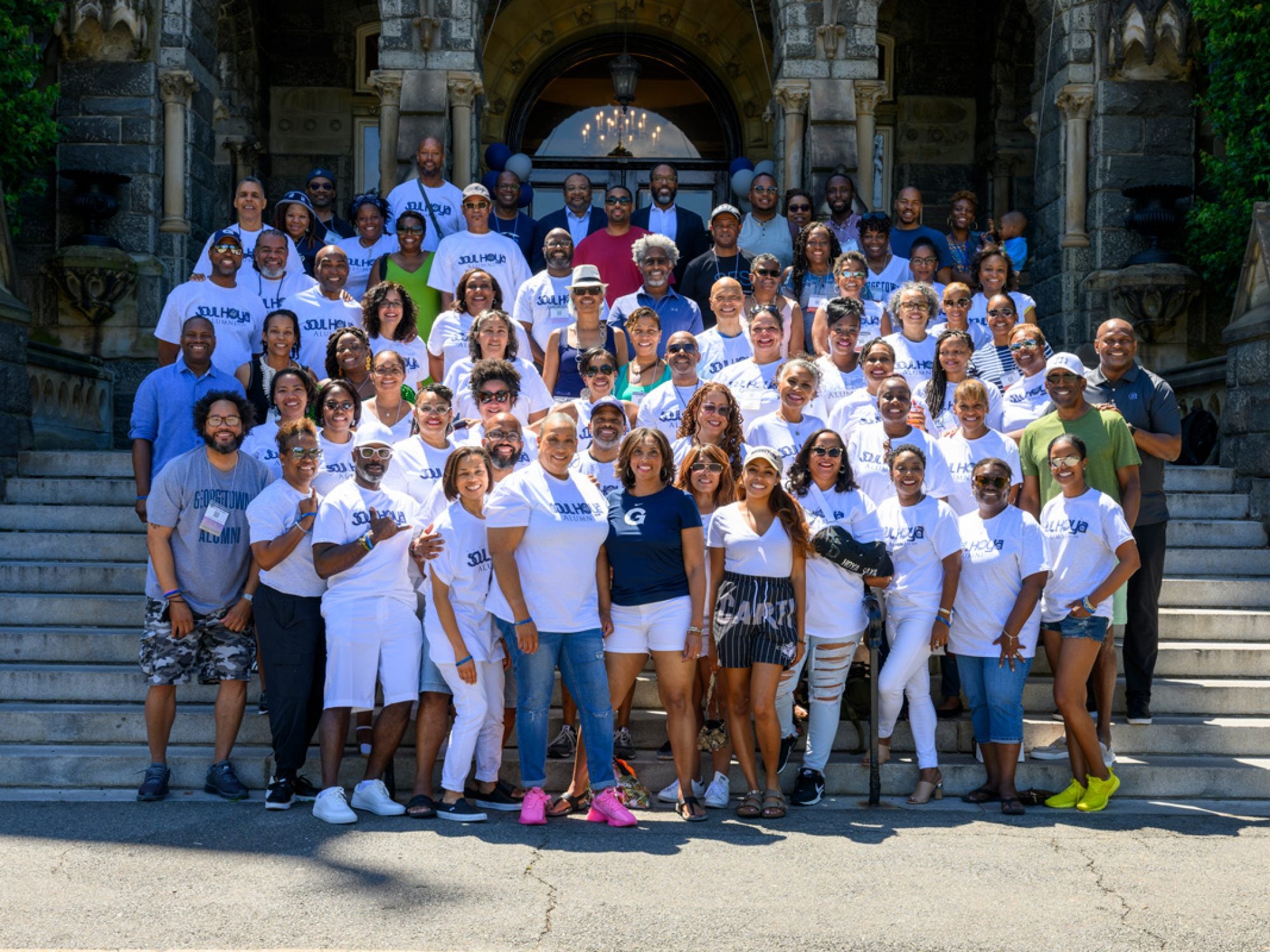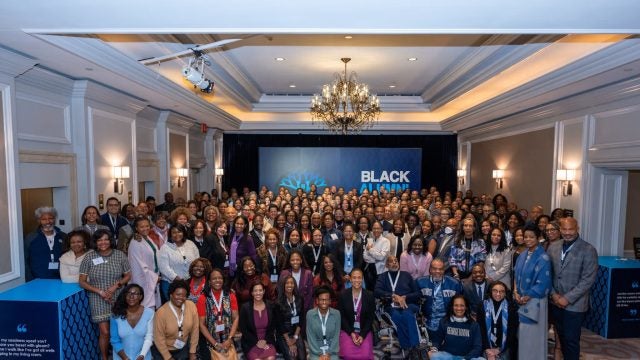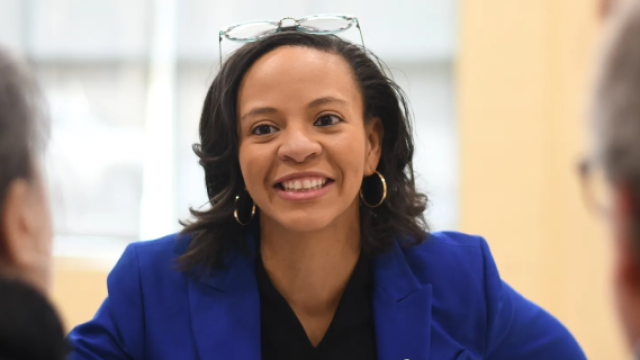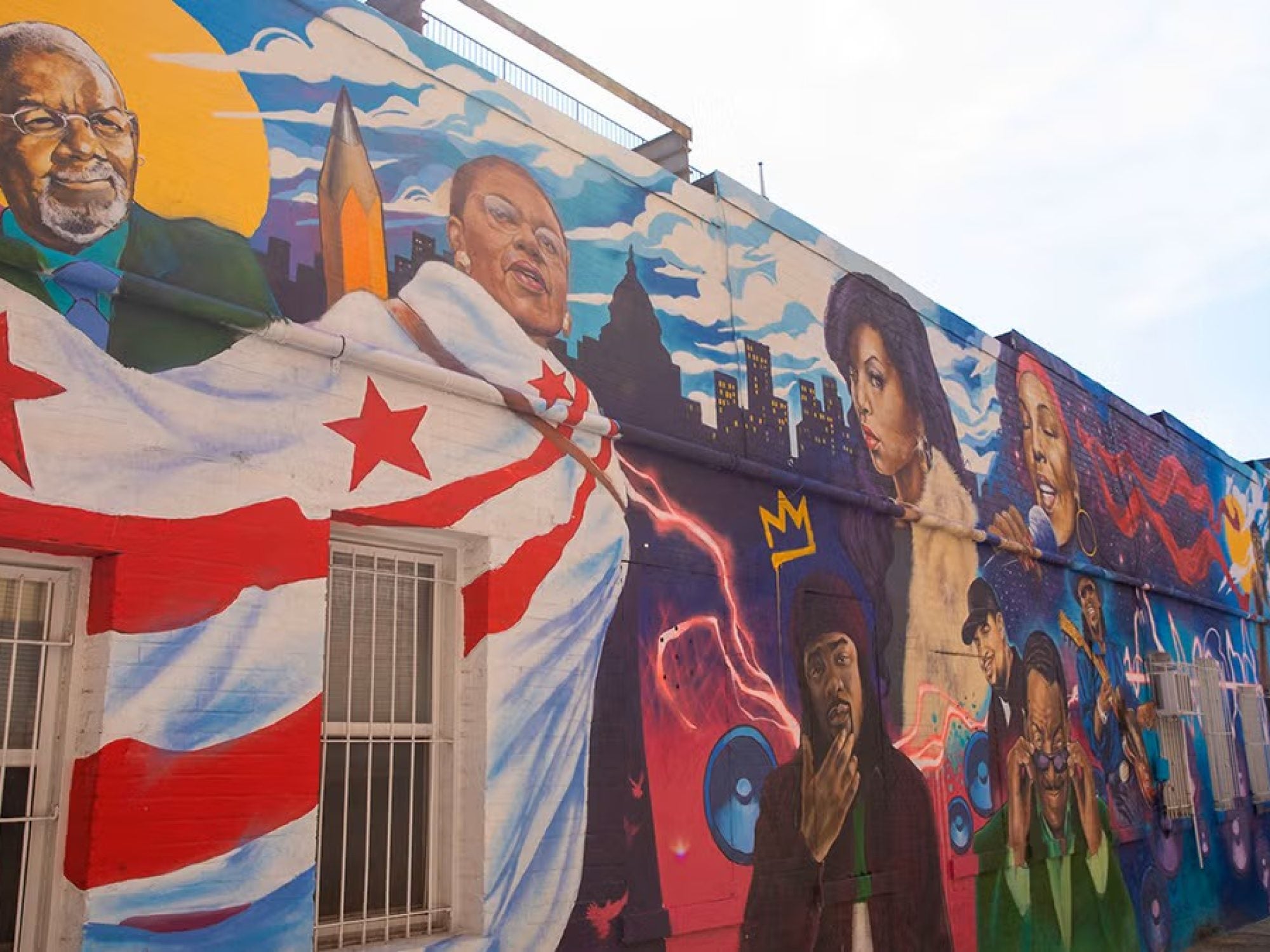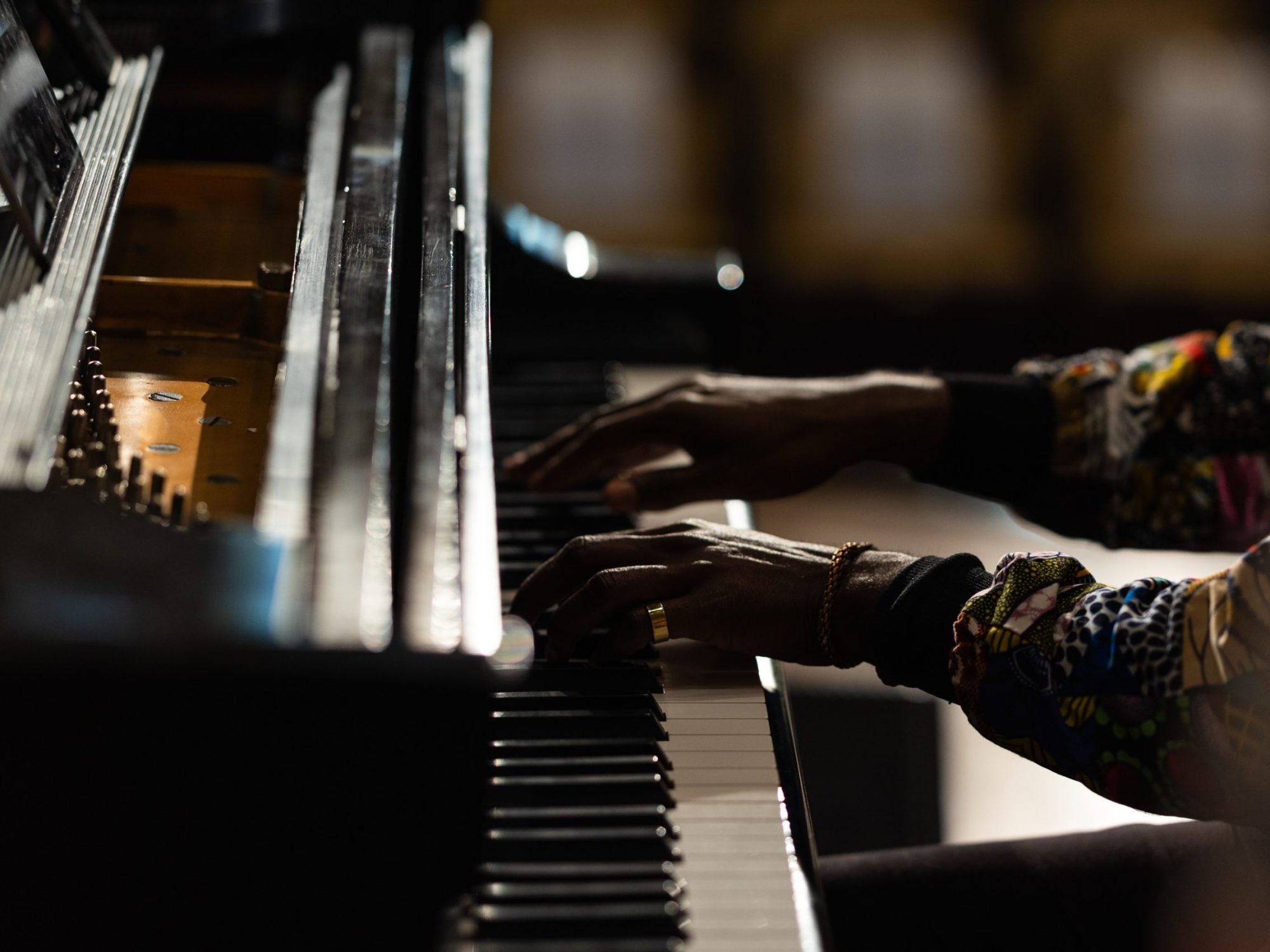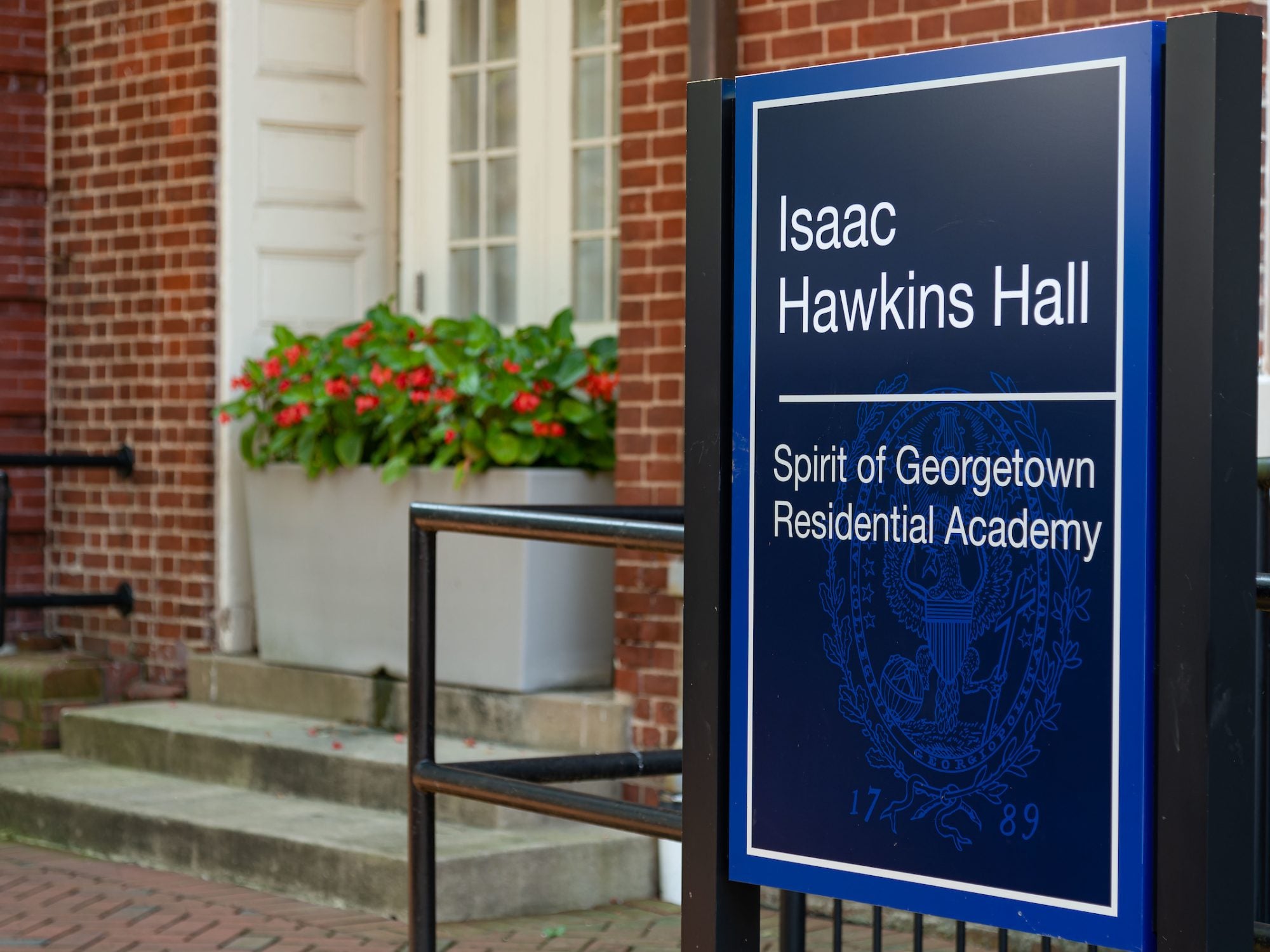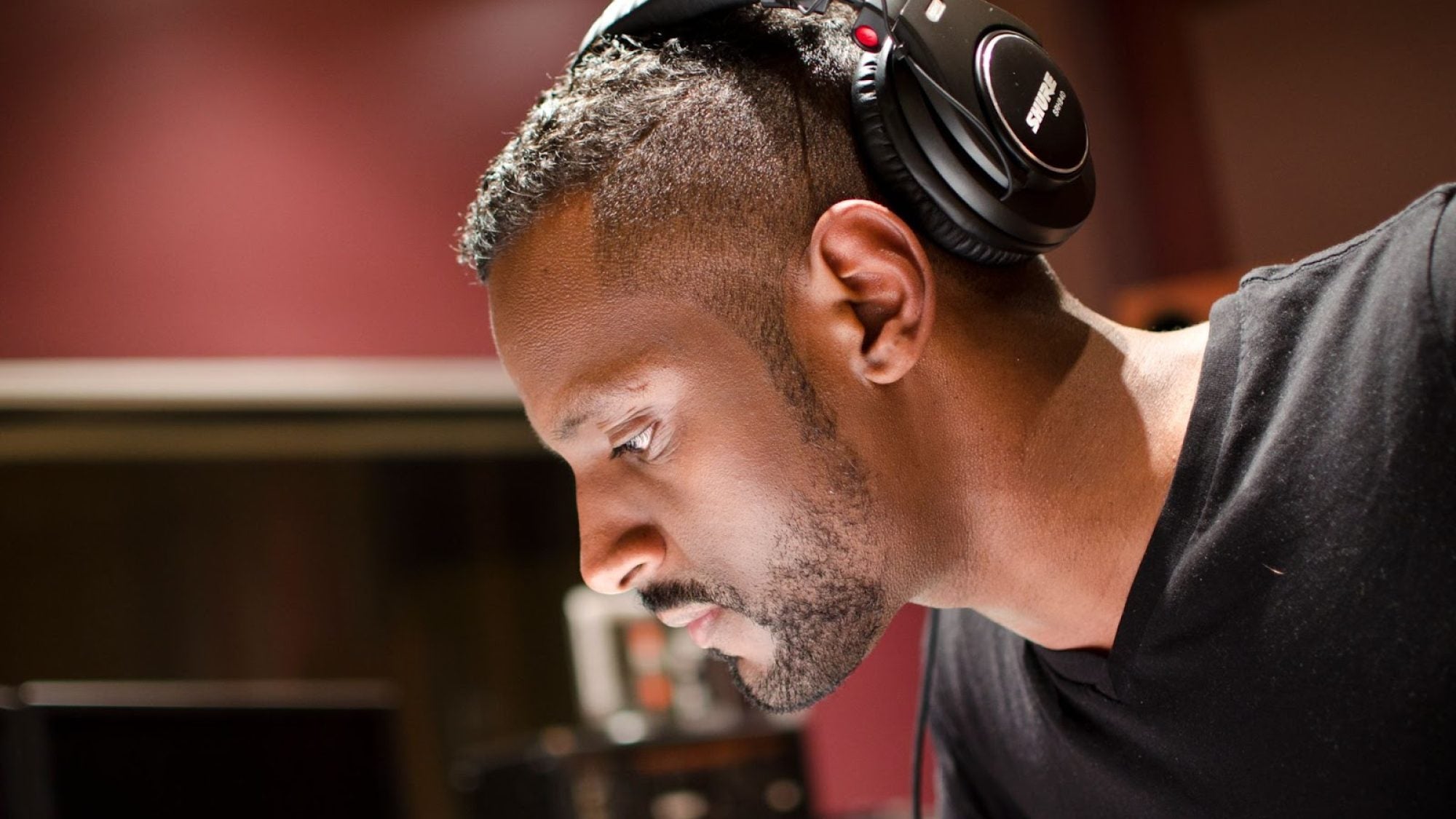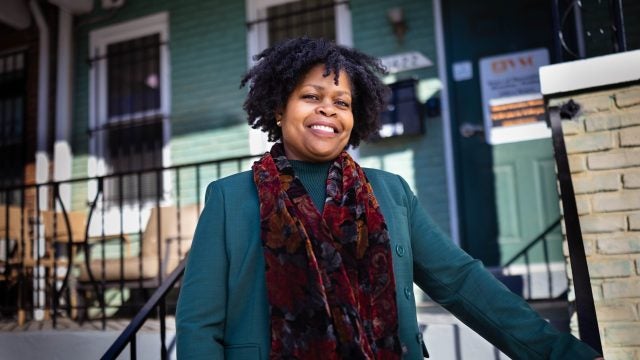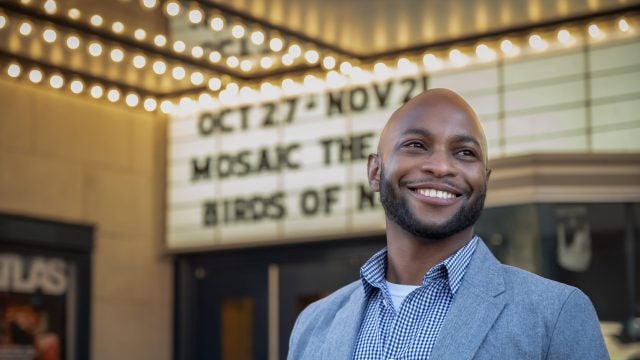Celebrating Black History and Culture at Georgetown
We celebrate the many contributions of our Black students, alumni, faculty and staff to our community and society, and recognize the broad range of teaching, scholarship and advocacy at Georgetown aimed at advancing Black heritage and history.
Black History Month
The first organized national celebration of Black history was conceived by historian Carter G. Woodson in 1925. During the month of February, Georgetown joins the nation in commemorating Black History Month.
Celebrate Black History
Black Studies
The Department of Black Studies delivers scholarship and courses that deeply and substantively examine Black culture, history and experience throughout the Americas; study African culture, history, people and politics as pretext and context to Africans in the Americas experience; and explore the Black Atlantic diaspora.
A Testimonial
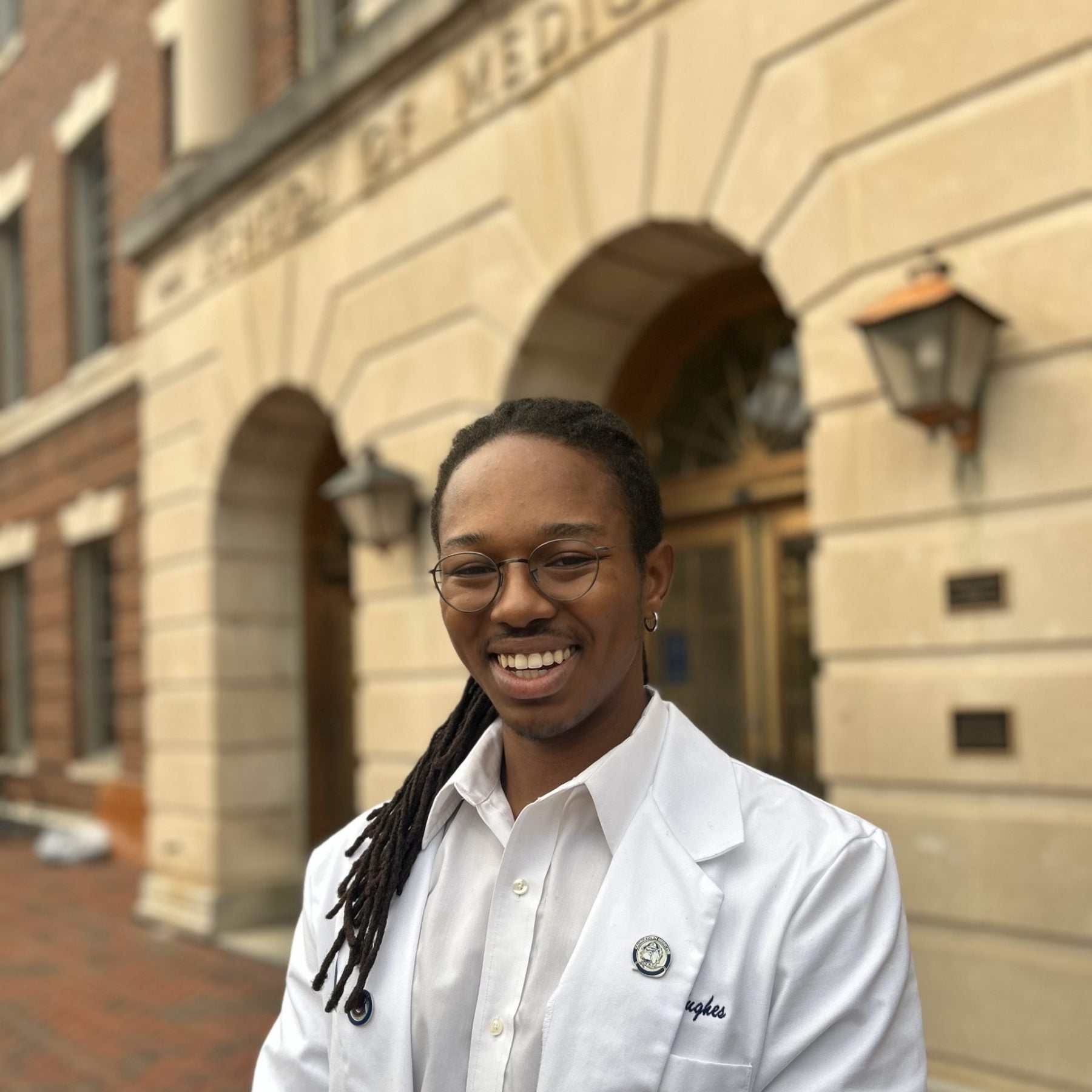
“I just knew I wanted to help people who looked like my brother and me, and I felt this was the best way to do it and lean on my skills in STEM. I think my love for my brother was a big thing too because I know he’s not the only one who’s dealt with these things, and I know I have the capability of helping people like him.”
Documenting the Black Experience at Georgetown
In 2019, the Georgetown University African American Advisory Board launched “We Are Georgetown: Celebrating Our Black History,” an oral history project designed to document and share the rich history and experiences of the Black community at Georgetown. Today, they’ve completed 100 interviews capturing the life and experiences of Black community members.
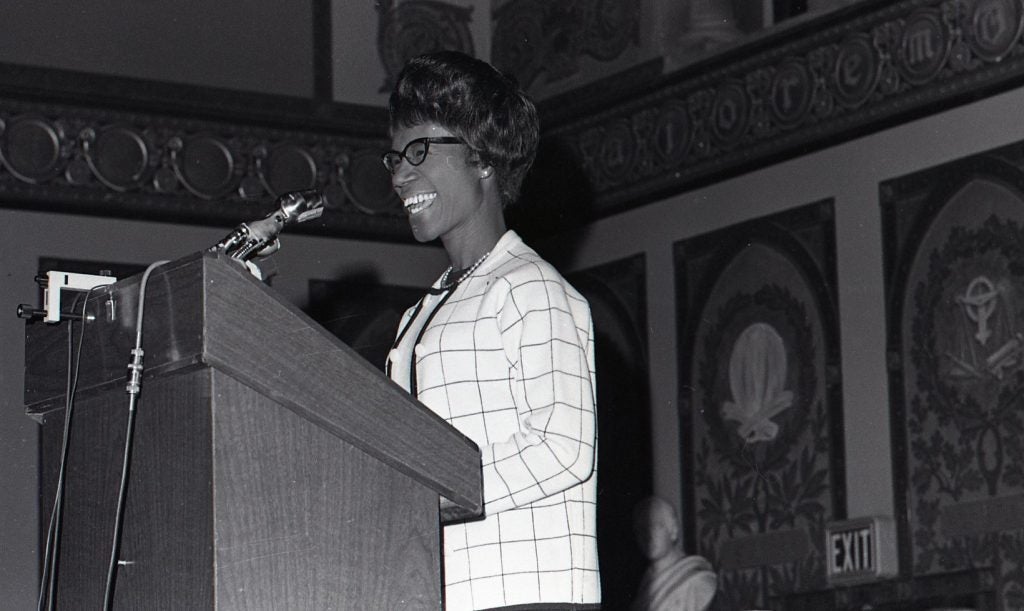
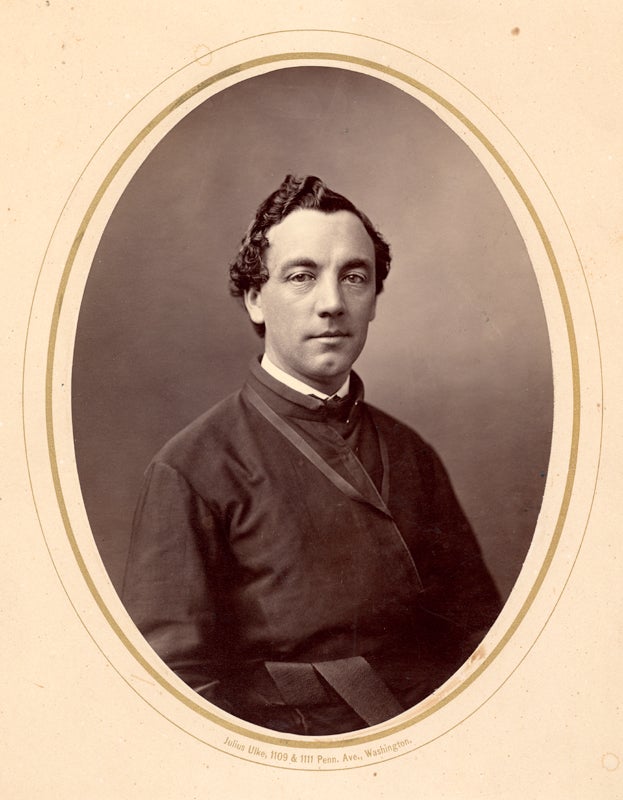
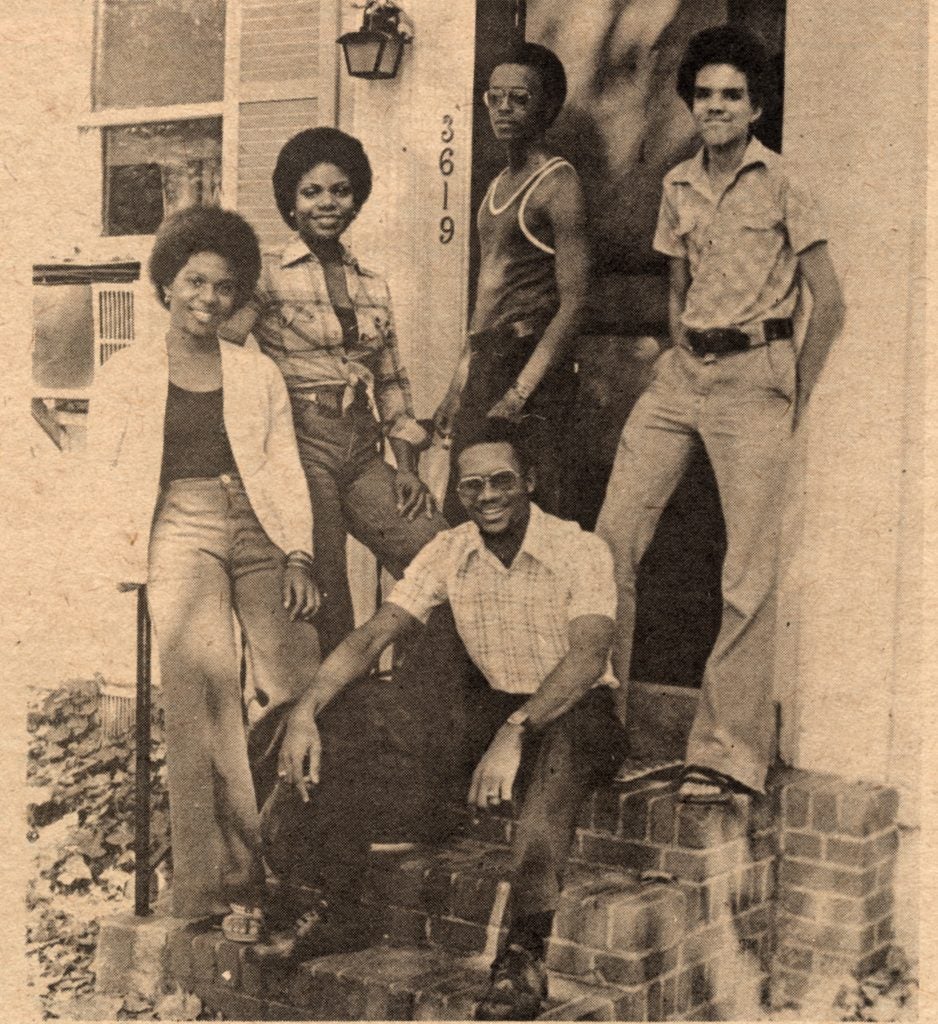
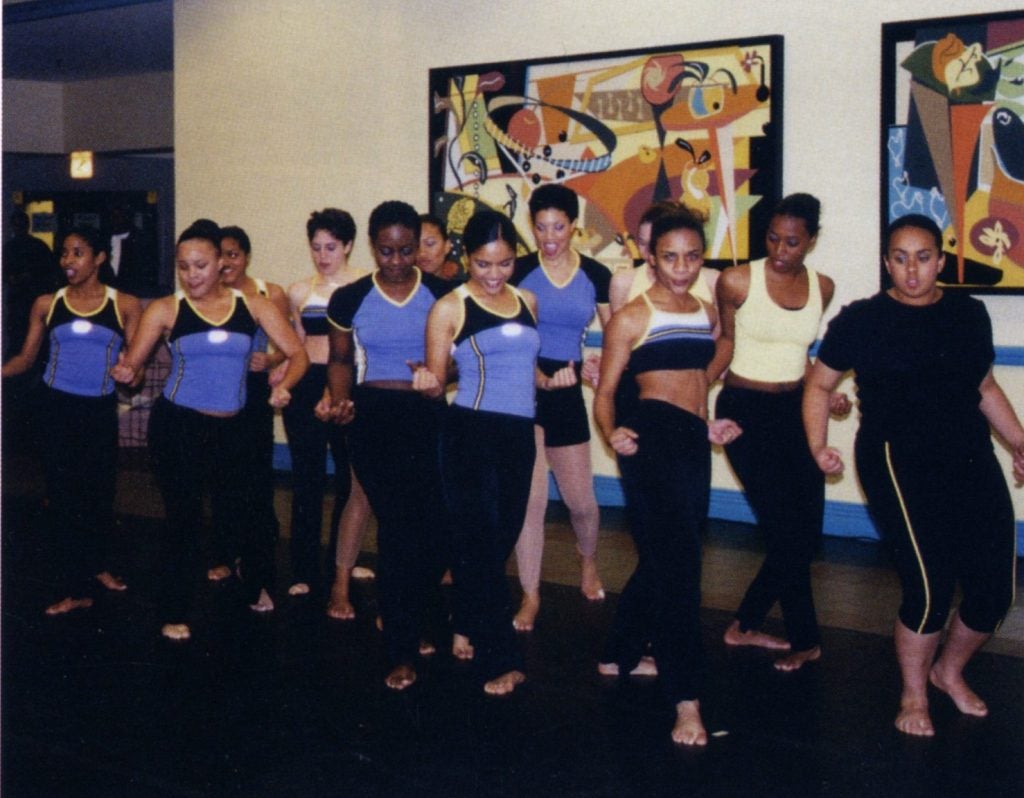
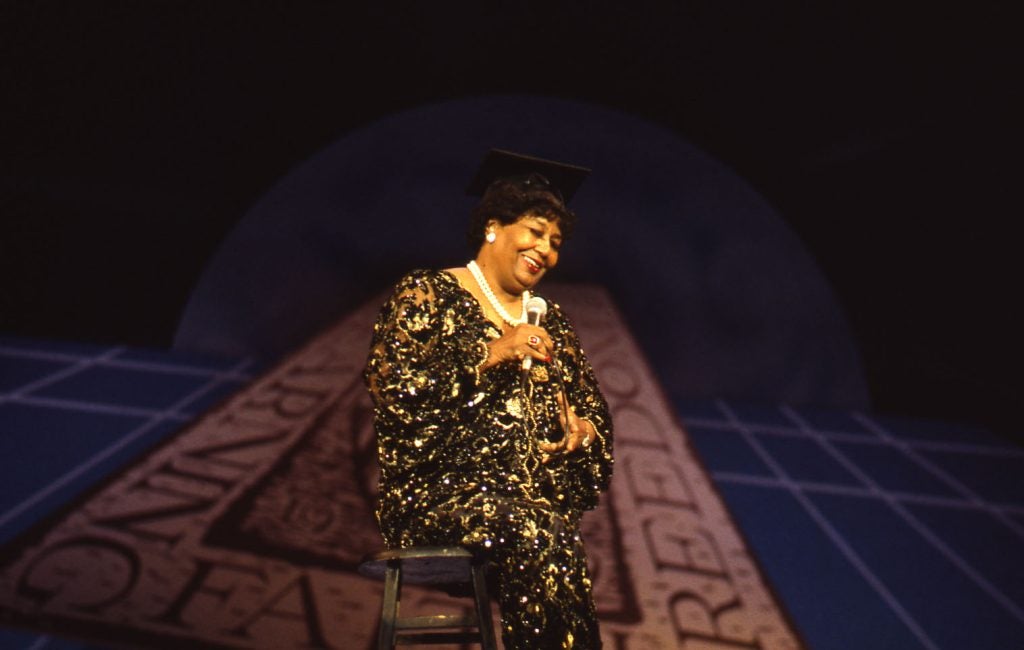
The Quest for Racial Justice
Through teaching, research, artistic expression, advocacy and activism, the university calls attention to disparities in health, income, housing and more, while exploring the systematic racism, diasporas, migrations and social structures that continue to impact the lives of people of color.
The Arts and Racial Justice
Through theater, music, dance and more, members of the Georgetown community have been exploring how to spark change and pursue racial justice through the arts.
A Testimonial

“I’m not a box-checker. If we’re not changing lives and truly serving the people, then this isn’t the job for me. When someone calls and needs help, I’m going to help them. I sleep well at night when I know that community concerns are addressed, and lives are changed.”
Slavery, Memory and Reconciliation
Georgetown is engaged in a long-term and ongoing process to more deeply understand and respond to the university’s role in the injustice of slavery and the legacies of enslavement and segregation in our nation. Through engagement with the members of the Descendant community, collaborative projects and new initiatives and learning and research, the university pursues a path of memorialization and reconciliation in our present day.
Quick Links
Honoring the Enslaved
Carlos Simon, a composer, musician and Georgetown professor, composed the work, “Requiem for the Enslaved,” to honor the 272 men, women and children who were sold by the Maryland Province of the Jesuits in 1838 and their more than 8,000 Descendants. In 2022, his work was nominated for a Grammy.
